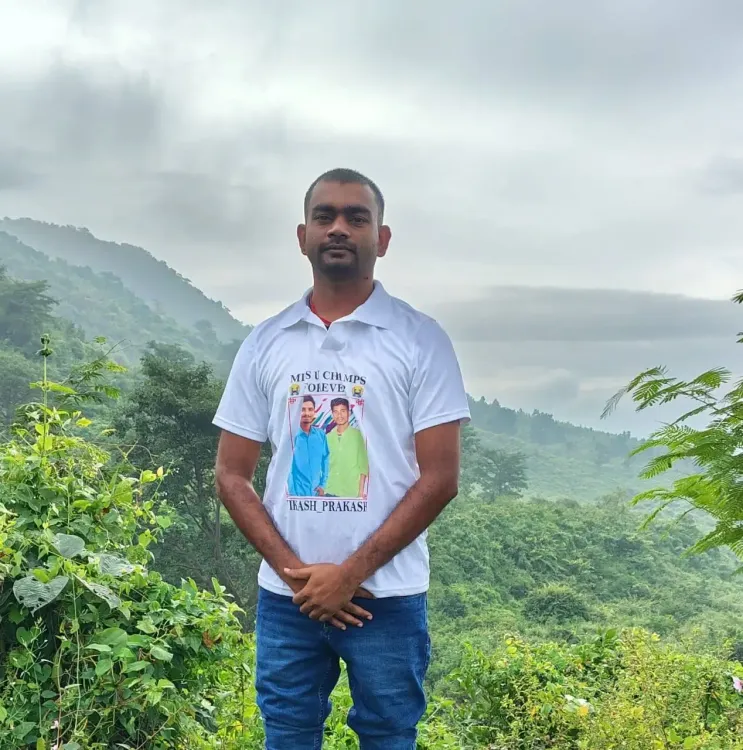Is Jharkhand’s JLKM Preparing for the 2026 Bengal Elections?

Synopsis
Key Takeaways
- JLKM is focused on tribal rights in Jangalmahal.
- Groundwork for elections is already underway.
- Critique of TMC highlights neglect of tribal issues.
- Maoist influence has shaped the region's political dynamics.
- Future elections may see shifting alliances.
Kolkata, Nov 3 (NationPress) The Jharkhand Loktantrik Krantikari Morcha (JLKM), a political party rooted in Jharkhand, has declared its intent to participate in the 2026 West Bengal assembly elections, with a special emphasis on the historically Maoist-influenced Jangalmahal tribal region.
Jairam Kumar Mahato, the founder of JLKM and the party's representative from Jharkhand's Dumri Assembly seat in Bokaro district, spoke at the party's first political gathering in West Bengal on Sunday evening. He urged party members to commence preparations for contesting seats in the upcoming elections.
Mahato further informed the press that the party's efforts will be concentrated on tribal-majority constituencies within the Jangalmahal area, which includes four districts: Bankura, Purulia, West Midnapore, and Jhargram.
He stated, “The precise number of seats we will contest in the 2026 elections will only be determined after conducting a comprehensive survey in this region. The survey has already begun.”
Mahato voiced strong criticism of the state government and the ruling Trinamool Congress (TMC) for their prolonged neglect of the tribal areas in Jangalmahal.
“Our movement transcends mere politics; it embodies social justice. We aim to secure the rights of the tribal community to their land, forests, and water in their own territory,” Mahato remarked.
Since 1977, the Communist Party of India-Marxist led Left Front maintained an unchallenged electoral presence in the tribal-centric Jangalmahal region. By around 2000, the Maoists began to assert influence in the area, gaining the trust of the tribal populace by addressing their grievances against the previous Left Front government.
Following 2011, the Trinamool Congress established a firm electoral grip on the region. However, this dominance was first contested in the 2019 Lok Sabha elections, when candidates from the Bharatiya Janata Party (BJP) secured all parliamentary seats in the area.
The BJP continued to hold its ground in the 2021 West Bengal assembly elections. Nevertheless, in the 2024 Lok Sabha elections, the TMC regained considerable support in the tribal regions of Jangalmahal, with the exception of Purulia.










